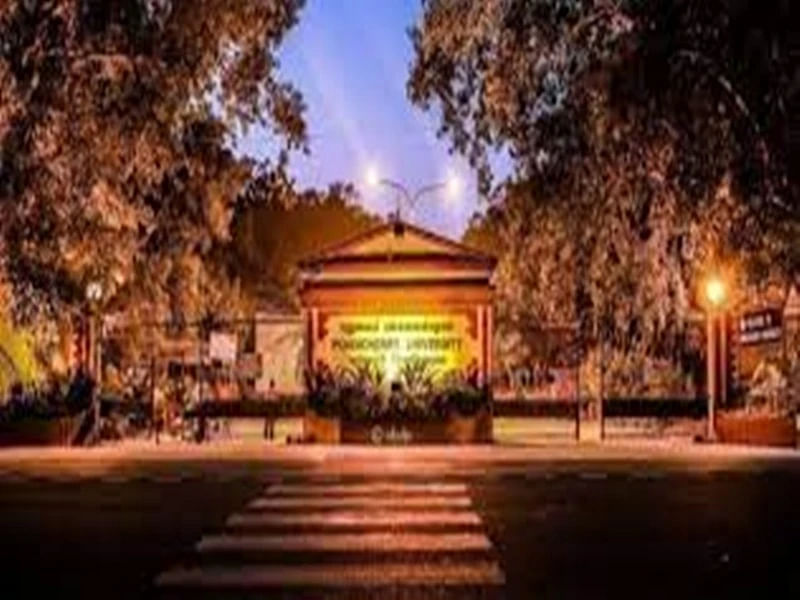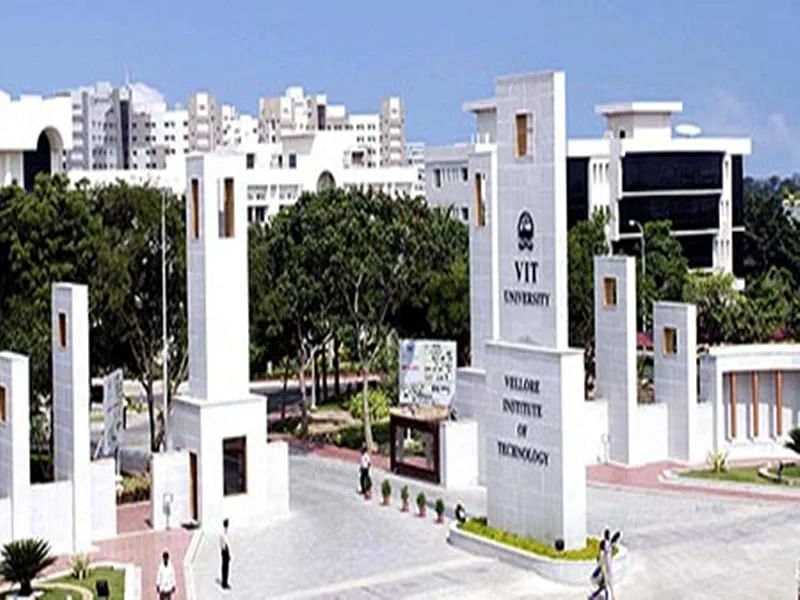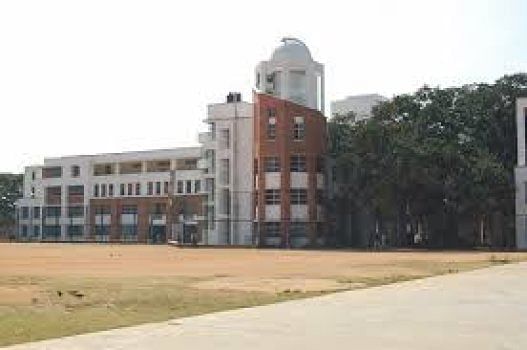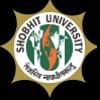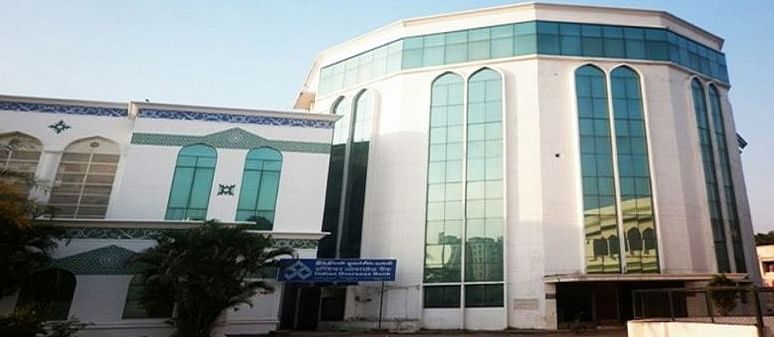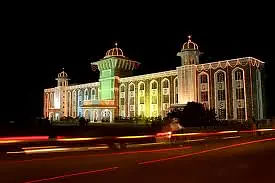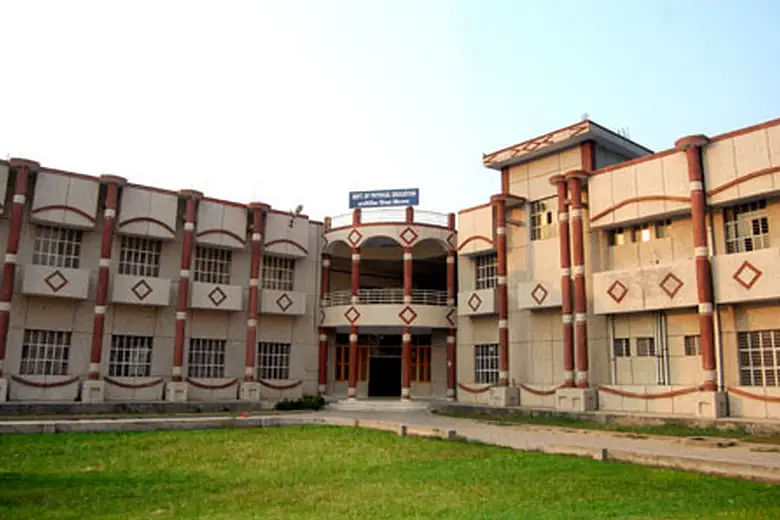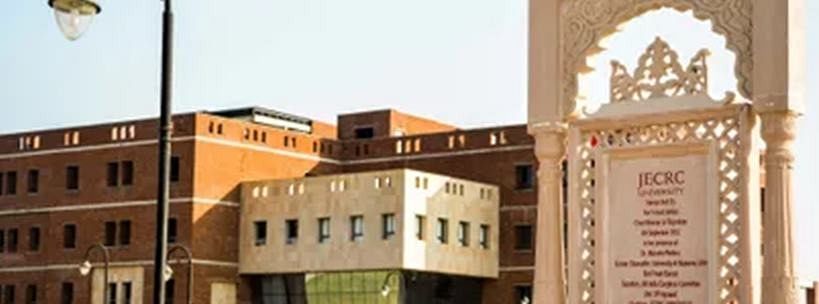M.Sc Food Science and Technology Syllabus and Subjects

M.Sc Food Science and Technology syllabus can differ for the students based on the specialization that the students decide to pursue. M.Sc Food Science and Technology subjects are spread across four semesters and are designed to give the students a deeper understanding of the course and specialization they choose to pursue.
Semester Wise M.Sc Food Science and Technology Syllabus
The M.Sc Food Science and Technology subjects cover various concepts to provide holistic knowledge to students. With every specialization, the subjects in M.Sc Food Science and Technology courses differ, as the primary focus topics change. The M.Sc Food Science and Technology 1st year syllabus primarily focuses on the foundational subjects.
Due to this reason, the M.Sc Food Science and Technology first-year syllabus doesn’t change all that much. The M.Sc Food Science and Technology course introduces students to all the vital information they need.
Listed below are the syllabi of M.Sc Food Science and Technology according to the semester which is core subjects and therefore, tends to be the same across the board.
M.Sc Food Science and Technology First Year Syllabus
The table below contains the list of M.Sc Food Science and Technology subjects in the first year:
| Semester I | Semester II |
| Principles of Food Processing and Preservation | Principles of Food Engineering |
| Biochemistry and Nutrition | Fermentation Technology |
| Food Chemistry | Fruit and Vegetable Technology |
| Food Microbiology | Cereal and Legume Technology |
| Dietetics | Dairy Technology |
| Lab I | Lab III |
M.Sc Food Science and Technology Second Year Syllabus
The table below contains the list of M.Sc Food Science and Technology subjects in the second year:
| Semester II | Semester IV |
| The technology of Meat and Fishes | Post-Harvest Technology |
| Food Additives and Contaminants | Food Packaging |
| Food Quality and Safety Management | The technology of Oilseeds and Fats |
| Poultry Technology | Plantation Crops |
| Food Toxicology | Food Biotechnology |
| Lab V | Lab VII |
M.Sc Food Science and Technology Subjects
M.Sc Food Science and Technology topics are dependent on the specialization that the aspirants decide to pursue. M.Sc Food Science and Technology subjects are decided based on the core topics in Food Science and Technology, as well as the topics in the specialization.
The M.Sc Food Science and Technology curriculum is divided into core and elective subjects. The elective subjects are optional subjects that make the course flexible and diverse.
M.Sc Food Science and Technology Core Subjects
The core M.Sc Food Science and Technology subjects list contain essential subjects that all M.Sc Food Science and Technology students study irrespective of their specialization, which is as follows:
- Food Chemistry And Nutrition
- Food Microbiology
- Food Packaging Technology
- General Microbiology
- Library And Information Services
- Principles Of Food Processing
- Statistical Methods
- Technical Writing And Communications Skills
- Basic Concepts In Laboratory Techniques
- Computer Applications In Food Industry
- Crop Production: Concept And Practices
- Disaster Management
- Food Engineering
- General Engineering And Unit Operations
- Intellectual Property And Its Management In Agriculture
M.Sc Food Science and Technology Elective Subjects
Below is the list of core subjects that a student should choose upon when entered in the 3rd semester of M.Sc Food Science and Technology.
- Enzymes In Food Processing
- Food Toxicology
- Nutraceuticals And Health Foods
- Technology Of Cereals Legumes And Oil Seeds Processing
- Technology Of Fluid Milk Processing
- Technology Of Fruits And Vegetables Processing
- Technology Of Meat Poultry And Fish Processing
M.Sc Food Science and Technology Course Structure
This postgraduate course is similar to many M.Sc courses, as the duration, methodology of teaching, etc. are mostly the same. However, the M.Sc Food Science and Technology course is slightly different from many of them. Below are the points that will clarify the M.Sc Food Science and Technology course structure for an aspiring candidate:
- M.Sc Food Science and Technology is a 2 year Post Graduate course and segregated into IV semesters
- It consists of internships, assignments and reports as part of the curriculum.
- It consists of core subjects as well as elective subjects which are to be chosen by candidates' preference.
- In order to complete the M.Sc Food Science and Technology course, research project submission is mandatory.
M.Sc Food Science and Technology Teaching Methodology and Techniques
M.Sc Food Science and Technology teaching methodology and techniques include traditional lecture-based training. The traditional classroom teaching methods provide the students with the opportunity to ask queries and get answers to them.
The course has teaching methods and strategies designed to ensure that the students pursuing the M.Sc Food Science and Technology course have access to all the infrastructure and facilities. Listed below are the teaching methodology and strategies in general:
- Lectures
- Research Papers
- Practical Sessions
- Group Discussions
- Seminars
- Traditional Classroom-Based Teaching
M.Sc Food Science and Technology Course Projects
When pursuing an M.Sc Food Science and Technology course, research projects are an integral part of the studies. These projects are judged by the professors to evaluate the student's understanding of taught subjects. Students can choose their project report topics based on the specialization they choose. Some of the popular research projects are listed below:
- Utilization of Food byproducts
- Potential of various seed oils
- Biodiesel production from vegetable waste
- Optimum cooking techniques
- Diet moderation and research
M.Sc Food Science and Technology Course Books
When pursuing an M.Sc in Food Science and Technology, books can be a great investment for the students as they can really help them learn about their specialization in great detail. Books can be a great source of information for the students where they can learn about concepts of their interest.
Students can rent the course books from libraries, download them through websites or purchase them. Listed below are some of the popular M.Sc Food Science and Technology course books that the students can invest in:
| Name of the Book | Author |
| A Textbook of Clinical Nutrition | Luxita Sharma |
| A Laboratory Manual of Food Analysis | Shalini Sehgal |
| Meat, Egg and Poultry Science & Technology | Vikas Nanda |
| Nitrate in Leafy Vegetables | Naser A. Anjum |
| Practical Manual on Fermentation Technology | S. Janarthanan |
